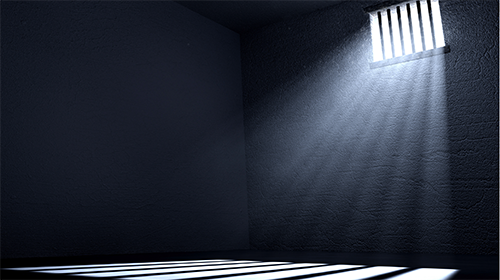
Over the weekend, the Washington Post ran a describing the realities of solitary confinement for inmates in Virginia. The horrors of 23-hour-a-day lockdown, sensory deprivation and isolation were lauded by Department of Corrections (DOC) officials as a necessary measure for handling the “worst of the worst.” Unfortunately, this supposed “worst of the worst” includes the mentally ill — the Virginia DOC admits that almost 30% of those in solitary in Red Onion State Prison have been diagnosed as mentally ill. Those of us who know prisons can only imagine how many more go undiagnosed, left alone with their demons in tiny, windowless cells for years.
The Post article highlights another often unrecognized problem with solitary: its prolonged use to keep prisoners, including the mentally ill, isolated for years and years, beyond what may be reasonable in accordance with medical and other professional standards. According to the Post, DOC spokesperson Larry Traylor acknowledged that inmates in certain types of solitary could “potentially be assigned there for years according to their risk assessment,’’ regardless of their mental health status. Traylor claimed that “Red Onion operates in accordance with national standards.” But by including known mentally ill inmates among their isolated population and holding people for decades, Virginia is clearly violating the for treatment of prisoners, not to mention ignoring by the United Nations Special Rapporteur on Torture to end the solitary confinement of mentally ill prisoners and consistent court findings that prolonged solitary confinement of mentally ill prisoners violates the Eight Amendment prohibition on cruel and unusual punishment.
Virginia DOC officials claim that solitary confinement is necessary to protect the prisons from the worst of the worst, but the overuse of solitary to isolate people, including the mentally ill, for years at a time actually makes us all less safe. Many prisoners are released directly from solitary confinement into the community when their prison sentences are up, completely unprepared for the outside world. This almost completely guarantees recidivism, and a return to the same conditions of isolation.
Help stop the terrible cycle: take action to end solitary confinement today. Sign our pledge here. And if you or someone you know has been affected by solitary, go here to tell us your story.
Learn more about solitary confinement: Sign up for breaking news alerts, , and .

